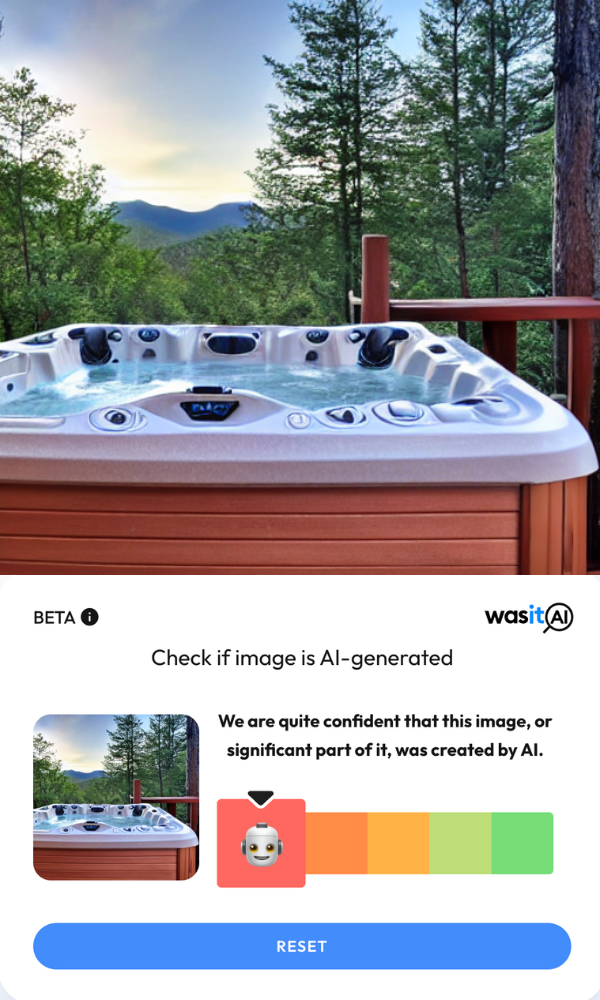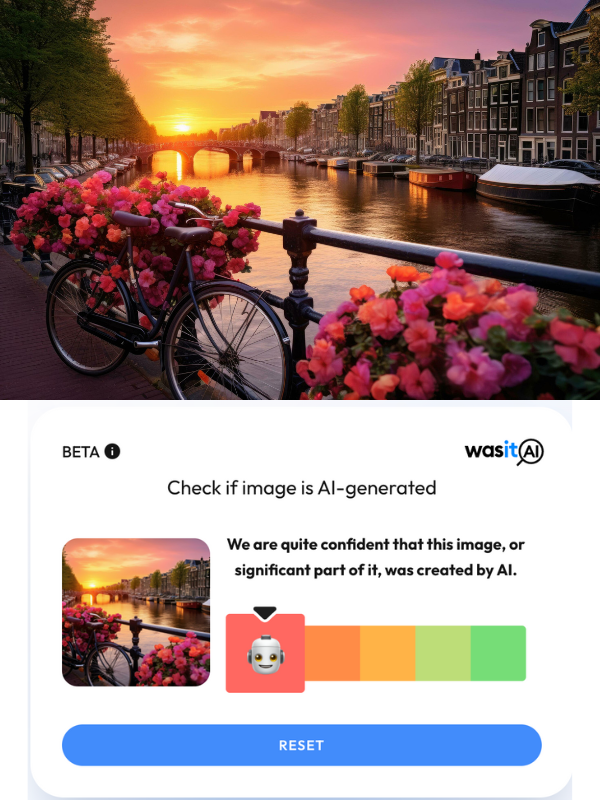The rise of AI travel scams has made it harder than ever to distinguish between real travel deals and sophisticated fraud. One of the most dangerous tactics scammers use is AI-generated photos, which create stunning but entirely fake images of hotels, vacation rentals, and even entire destinations. These hyper-realistic visuals make fraudulent listings appear legitimate, tricking travelers into handing over money for trips that don’t exist.
How Scammers Use AI Photos to Deceive Travelers
Some of the most common AI travel scams involve fake vacation rentals. For example, a scammer might use AI to generate photos of a luxurious beachfront villa with crystal-clear pools and modern interiors. They then list this nonexistent property on rental platforms like Airbnb or Facebook Marketplace, luring travelers with low prices and glowing (but fake) reviews. When victims arrive, they find a completely different property—or worse, an empty lot.
Another growing scam involves fake travel agencies that use AI-generated photos to advertise dream vacations. These fraudsters create professional-looking websites with AI-produced images of five-star resorts, private island getaways, or exotic tours. Travelers who book these trips often discover too late that the agency doesn’t exist—their deposits and payments vanish, along with the scammer.

AI’s Dutch Hotel Hoax
In another real-world example, travelers were lured by stunning images of a boutique hotel in the Netherlands featuring pastel-colored canal views and artistically plated breakfast spreads. The entire listing, including the imagery, was AI-generated. The hotel address matched a vacant building, and the photos showed impossible features like surreal lighting, flawless symmetry, and oddly placed objects—subtle signs that the images weren’t real. By the time travelers realized the truth, they had already wired deposits to the scammer’s account.
These scams are growing in frequency because AI-generated photos look increasingly authentic and are often paired with fabricated positive reviews, AI-written descriptions, and even AI chatbots posing as customer support. According to recent reports, consumers are having a harder time than ever distinguishing real travel deals from fake ones created by AI.

The Hidden Risks Behind the Illusion
Beyond losing money, victims of AI travel scams may also unwittingly hand over personal data that can be exploited in future schemes. The psychological impact of arriving at a nonexistent hotel—or realizing your dream vacation doesn’t exist—can be devastating. As AI tools continue to improve, so does the believability of these digital illusions.
As AI-generated content becomes more convincing, so do the scams built around it—especially in the travel space. From fake hotels to fabricated reviews, it’s getting harder for even savvy travelers to tell what’s real. If you ever feel unsure about the authenticity of a travel image, consider using a tool like WasItAI to verify whether it was AI-generated. A quick check could save you from a costly mistake.
